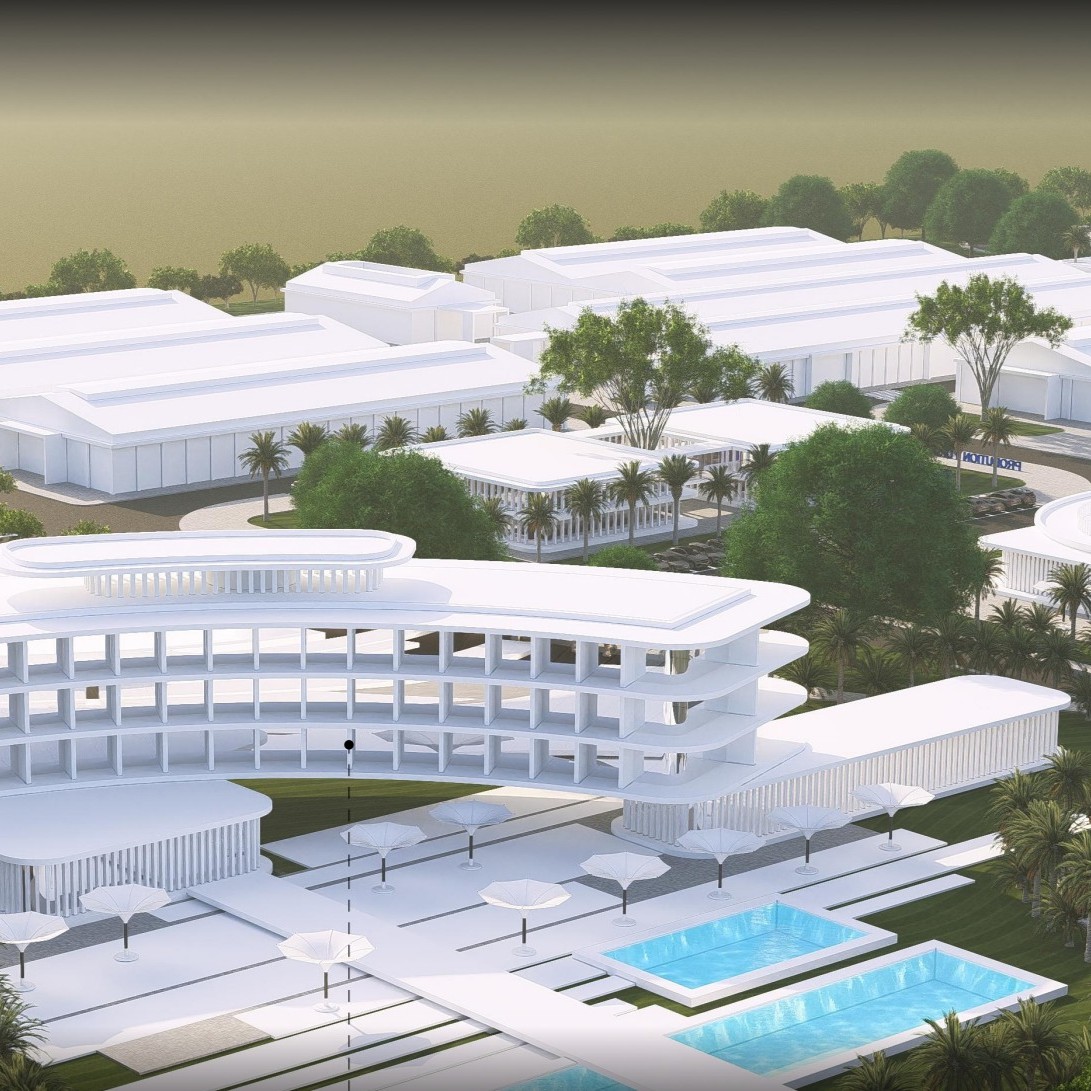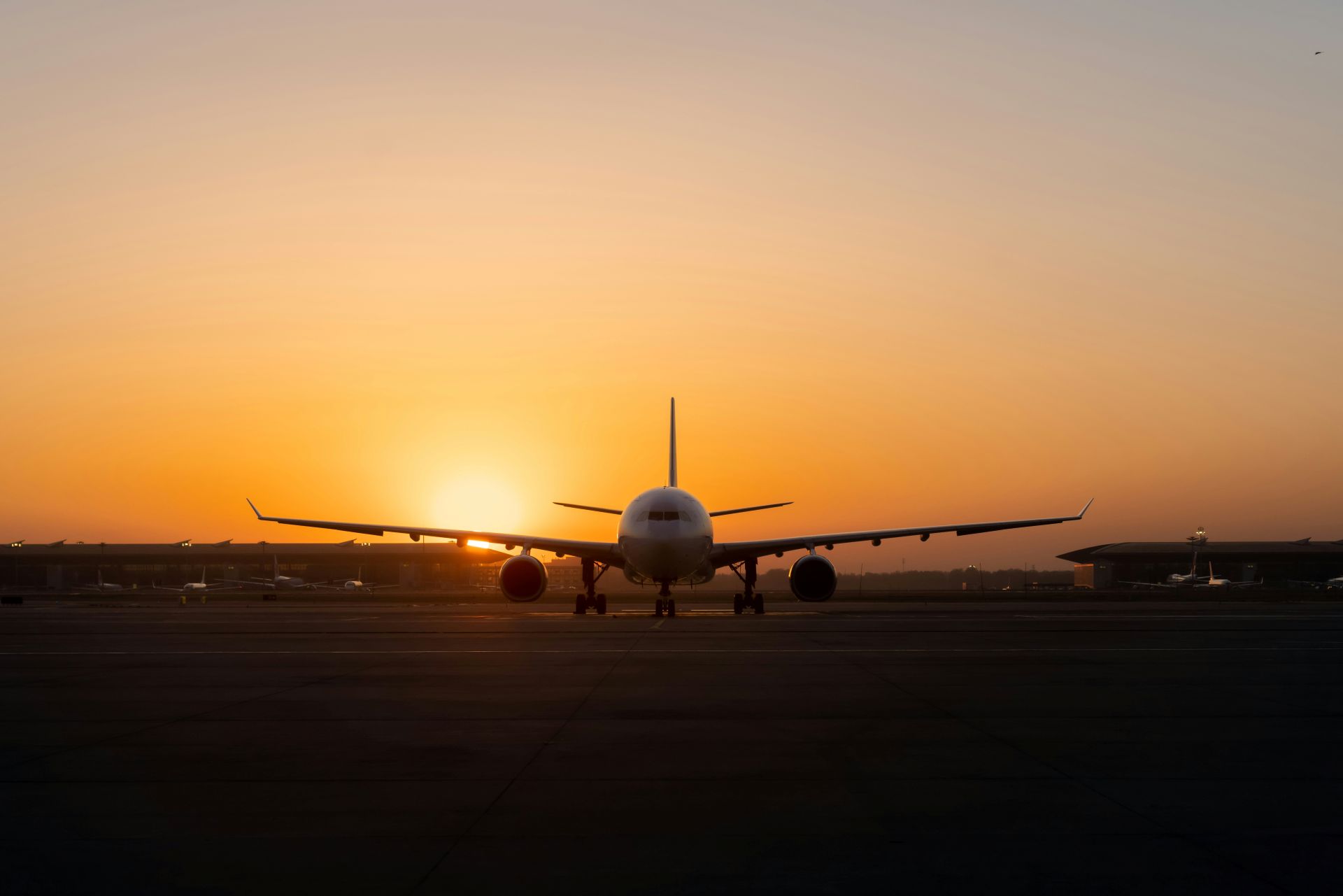

Powering Aviation’s Green Revolution
Terravia grows Camelina C453 - a drought-resistant oilseed - to produce sustainable aviation fuel (SAF) in Portugal.
Our regenerative cropping approach restores degraded soil while delivering cleaner, greener air travel. Join us in pioneering carbon-smart aviation solutions at scale.
Regenerative bio jet fuel from Camelina C453
Terravia’s Camelina-based bio-jet replaces fossil kerosene with low-carbon alternatives that are performance-equivalent yet climate-friendly.
Cleaner Skies, Greener Flights
Using regenerative Camelina C453, TerraVia produces sustainable bio jet fuel that cuts emissions and restores the land.
Regenerative agriculture
Reviving soil health and biodiversity through sustainable Camelina C453 cultivation.
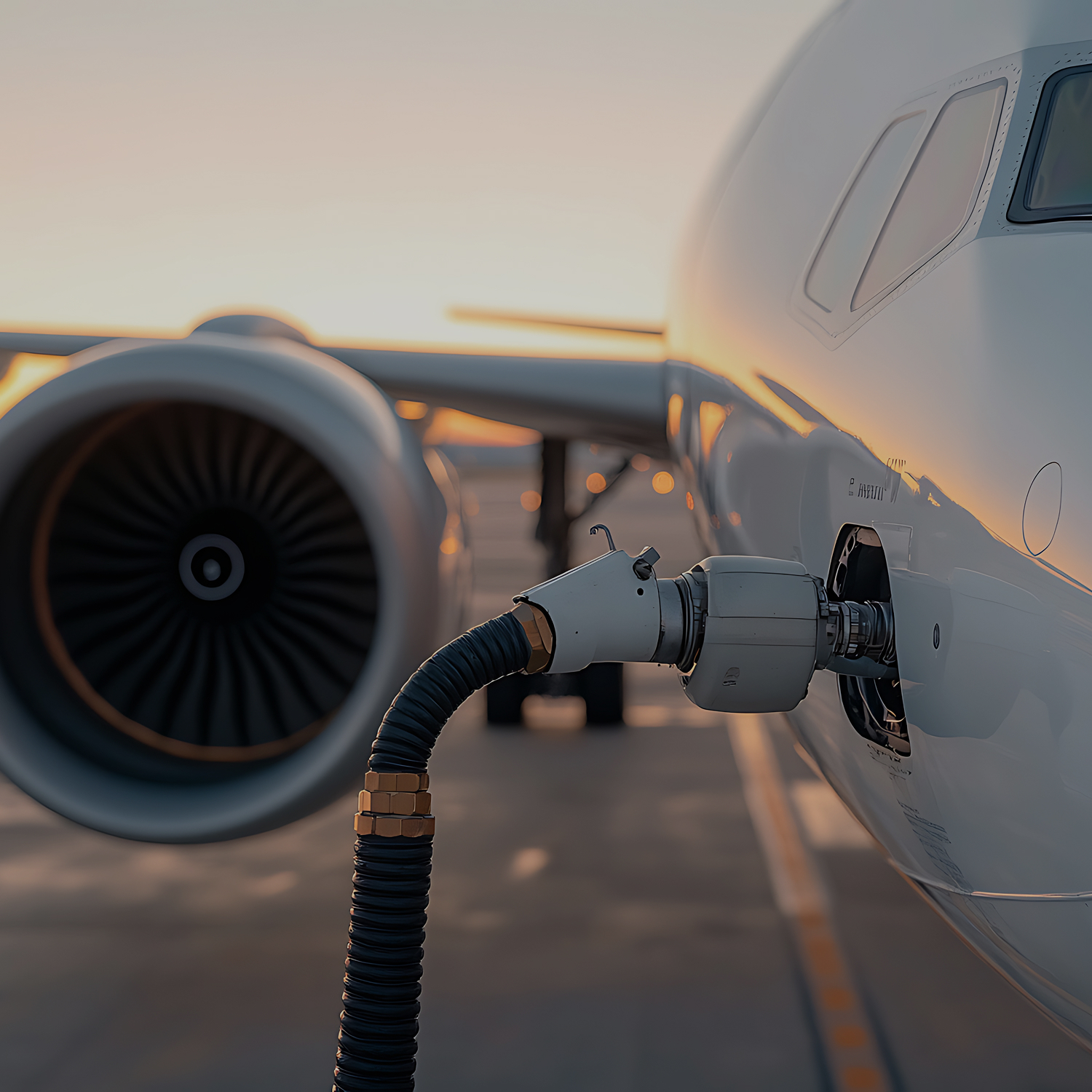
Camelina C453
A specially bred, non-GMO, drought-resistant oilseed rich in natural oils ideal for conversion into sustainable aviation fuel. Its short growing cycle, low input needs, and ability to thrive on marginal land make it a powerful crop for regenerative agriculture, restoring soil health while producing a high-value, low-carbon energy source.
Regenerates & Stabilises Soil
Camelina C453 develops a dense, binding root system that anchors topsoil and guards against wind and water erosion. By rebuilding soil structure, it helps restore degraded land and enhances long-term agricultural resilience.
Grows With Minimal Irrigation
Camelina thrives in some of the driest, most degraded terrains of Alentejo - with no additional irrigation required. Its low-water needs make it perfect for marginal landscapes, transforming them into productive, sustainable farmland.
Reducing Aviation’s Environmental Impact
The EU mandates a 55% reduction in net greenhouse-gas emissions by 2030 and net-zero carbon emissions by 2050-aviation included. Terravia offers a practical, scalable solution to help both airlines and individuals cut their carbon footprint and fly sustainably.
Cleaner Skies. Stronger Returns.
Scaling the Future of Flight.
Turning Degraded Land into Global Lift-Off.
Projected Global Market
Sustainable Aviation Fuel projected to reach £26B by 2030. Proven in commercial and military aviation worldwide.
Mandates Driving Demand
EU mandates require airlines to blend 6% SAF by 2030 and 70% by 2050 - a regulatory tailwind for Terravia.
Energy Balance
Every unit of fossil energy input delivers 12 units of Camelina-based biofuel energy output.
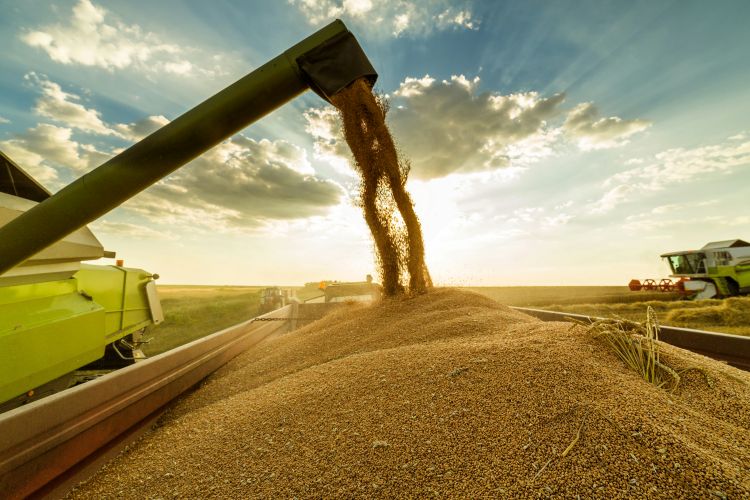


Lower Emissions
Camelina C453 SAF reduces lifecycle CO₂ emissions by up to 65% compared to fossil jet fuel.
Yield per hectare
Producing two rotations annually. Restores degraded land and can be grown in 50% of Portugal's farmland.
Land Restoration
Camelina C453 thrives on marginal soils, restoring up to 80% of degraded land to productive use.
Exclusive Licence
For Terravia to grow non-GM, non-invasive Camelina C453 in Portugal for 15 years.
Pilot Phase
Initial pilot program cost is £2m, targeting 30% IRR over 5 years through oil, meal, and straw revenues.
Alentejo Pilot Project
Phase one secures land sites from the 3,667 hectares of underutilised land in southern Portugal - scalable across the Iberian Peninsula.

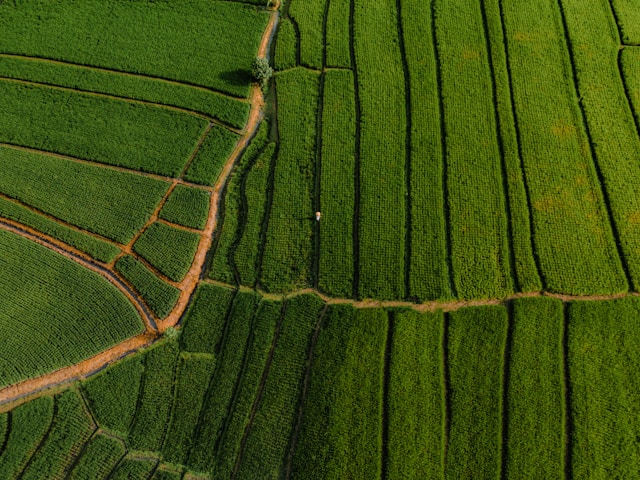
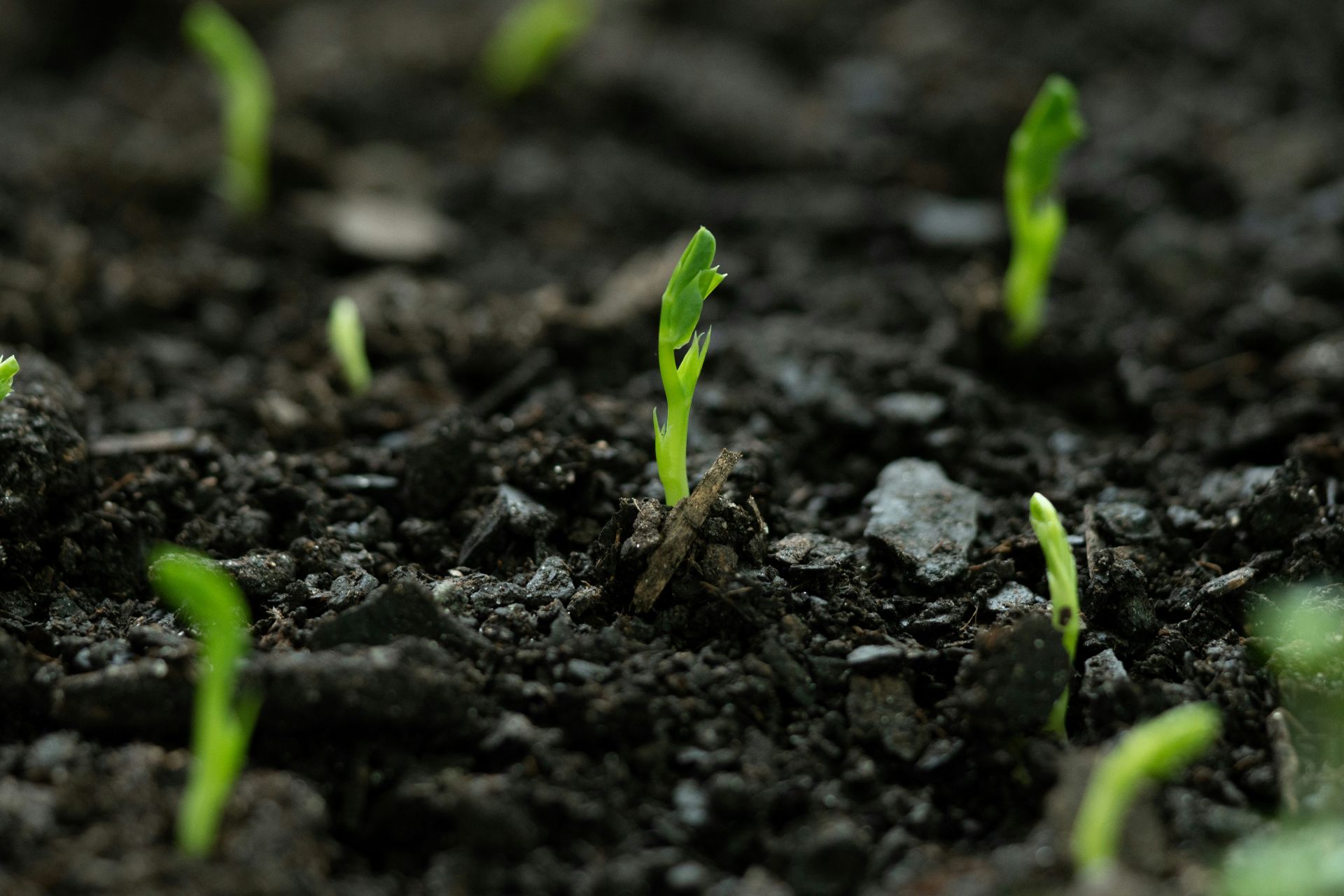
How Real Media Assets Makes Terravia Take Off
Real Media Assets is funding and accelerating Terravia through our 15-year industry track record and strategic partnerships - most notably with Mitsui.
We’re bringing capital, offtake agreements, and business development prowess to the table—building new markets for both Camelina’s poultry feed and carbon-rich biochar. From commercialisation to ecosystem creation, RMA is powering every stage of Terravia’s journey.
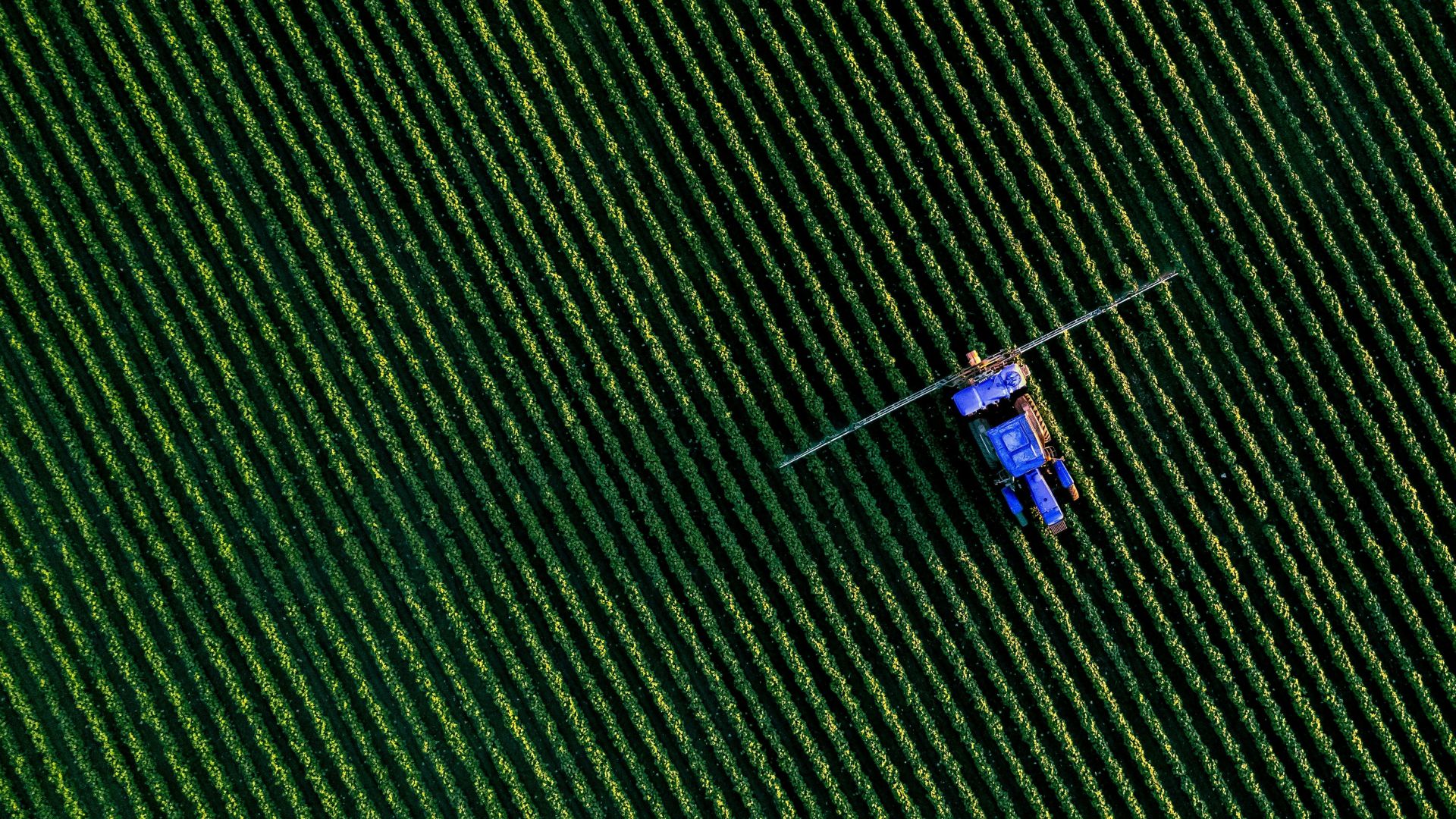
Beyond Jet Fuel
Beyond producing renewable jet fuel, Camelina C453 delivers a range of secondary benefits—from enriching soil with organic matter to providing protein-rich meal for animal feed and valuable co-products for bio-based industries. This holistic approach creates multiple revenue streams while advancing environmental restoration and circular economy goals.

High-Protein Poultry Feed
Camelina C453 produces a nutrient-rich by product that serves as high-protein poultry feed. It replaces imported soya, reducing food miles, protecting forests, and boosting local food security.
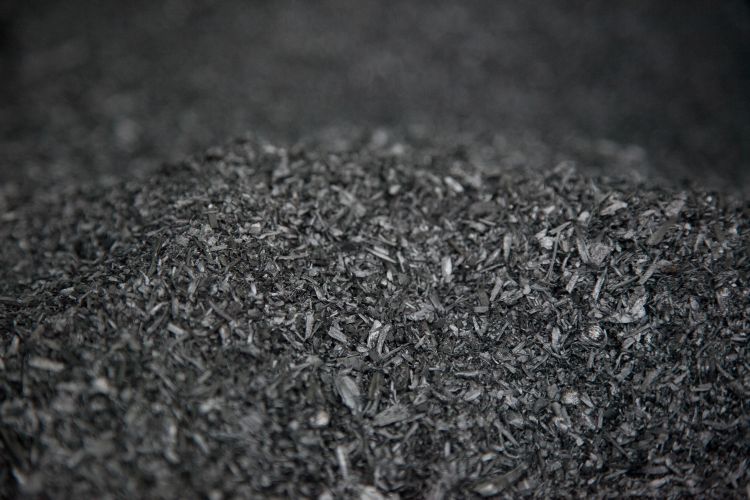
Carbon-Rich Biochar Fertilizer
The plant’s biomass can be transformed into biochar - a regenerative soil amendment rich in carbon. Biochar enriches soil organic matter, boosts fertility, and helps sequester carbon.
From Concept to Reality
De-risked growth through phased scaling, delivering sustainable aviation fuel, animal feed, and renewable energy.
Offtake Agreement
Finalise supply deals and seed approvals.
Obtain import approvals for Camelina C453 seed and finalise sustainable aviation fuel offtake agreements with key partners such as Mitsui/GALP. These milestones lock in market demand and regulatory clearance, laying the foundation for commercial production and long-term growth.
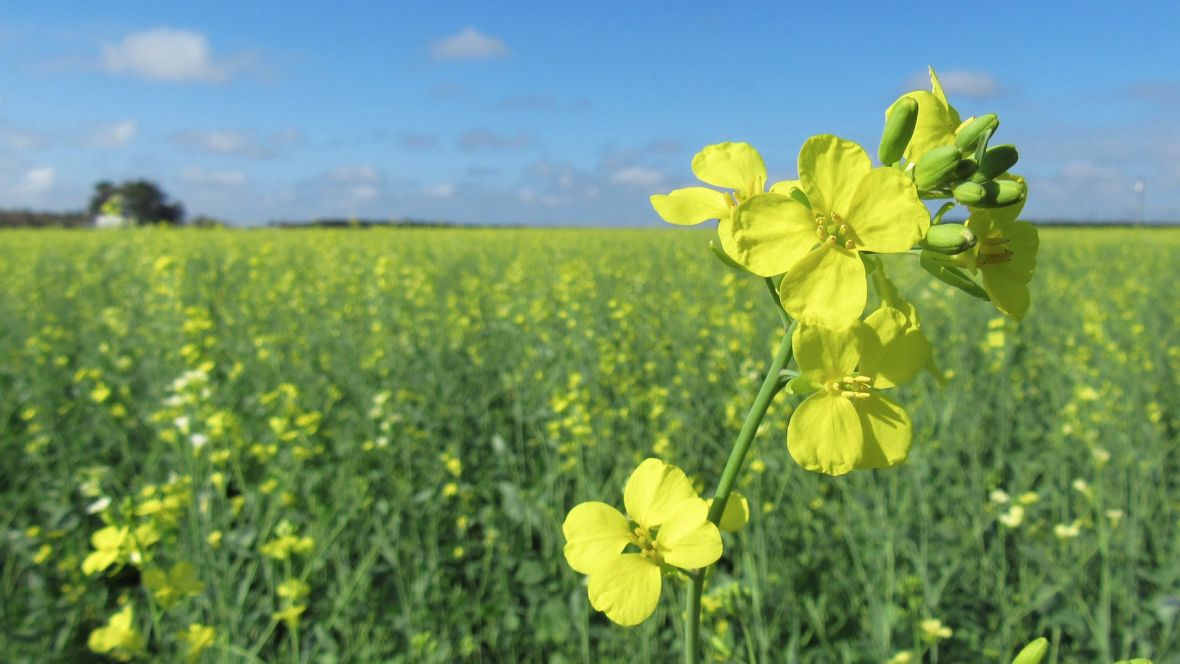
Feed Trials
Validate Camelina meal as a sustainable poultry protein source.
complete poultry protein trials and secure local feed offtake agreements. These steps confirm the value of Camelina C453 co-products as a high-quality animal feed, creating additional revenue streams and reinforcing the crop’s role in a circular, regenerative agriculture model.
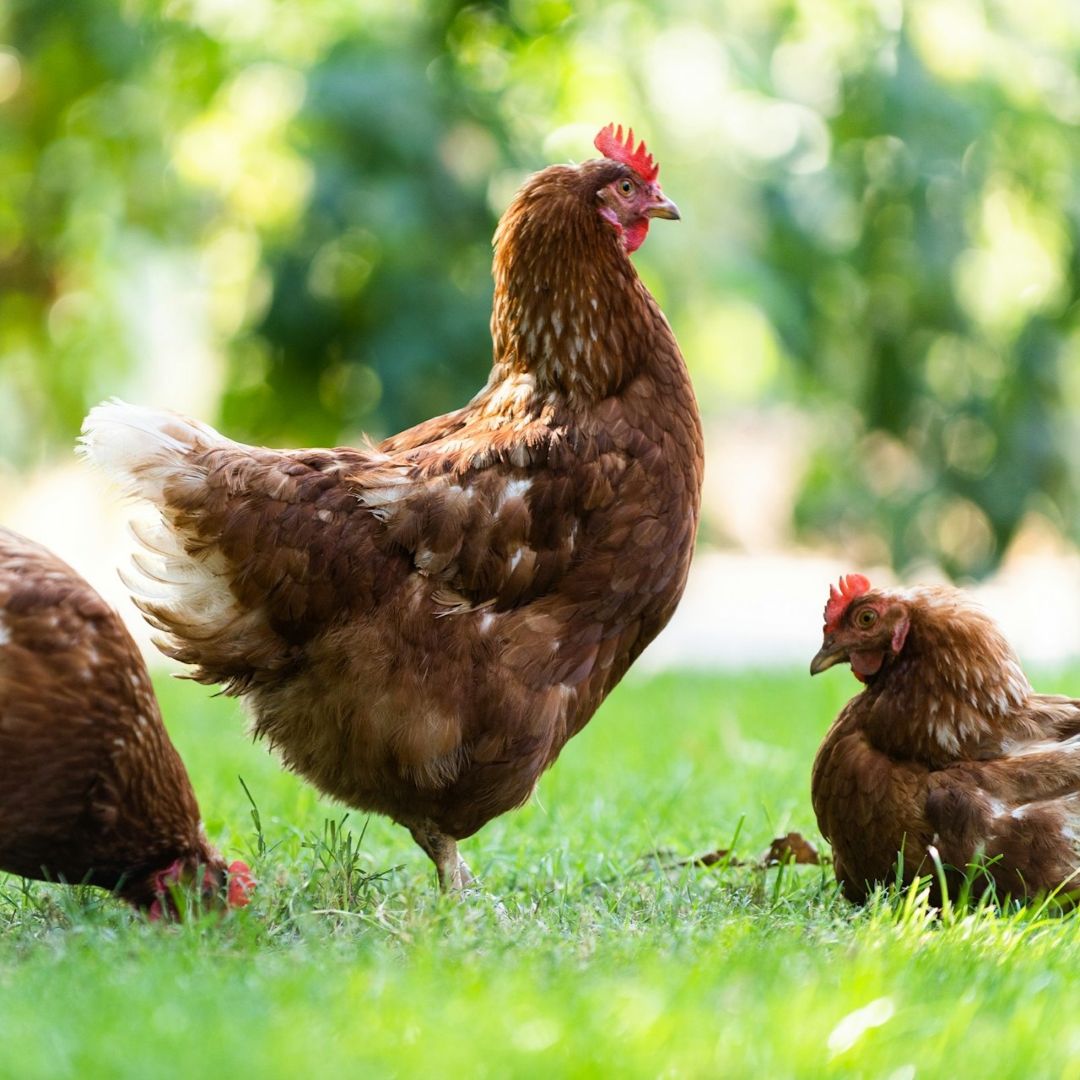
Validate Trial Sites
Confirm Camelina C453’s performance on 100 hectares of pilot fields.
During Phase 1 (2025–26), TerraVia will cultivate 100 hectares of trial sites to demonstrate Camelina C453’s agronomic strength. These trials will verify yields, soil benefits, and scalability, providing the data needed to move confidently toward full commercial deployment.

Scale Commercial Farming
Expand Camelina C453 cultivation from trials to large-scale production.
In Phase 2 (2026–27), TerraVia will establish a 100-hectare breeder farm and scale operations to 2,500 hectares. This expansion marks the transition from pilot trials to commercial farming, enabling significant sustainable aviation fuel output and broader environmental impact.

Grow Global Footprint
Scale Camelina C453 production to 10,000 hectares with partner growers.
From 2028 to 2030, TerraVia will expand cultivation to 10,000 hectares and launch an out-grower program, empowering regional farmers to participate in regenerative agriculture. This phase drives large-scale sustainable aviation fuel production while sharing economic and environmental benefits across the community.

Global Exports
Lock in SAF export deals and build local refining capacity.
From 2030 onward, TerraVia will finalize sustainable aviation fuel export contracts and establish local refining and processing facilities. This phase ensures international market reach, strengthens regional supply chains, and delivers fully regenerative, low-carbon fuel at commercial scale.


Explore More
Discover how Real Media Assets is investing in the future.


